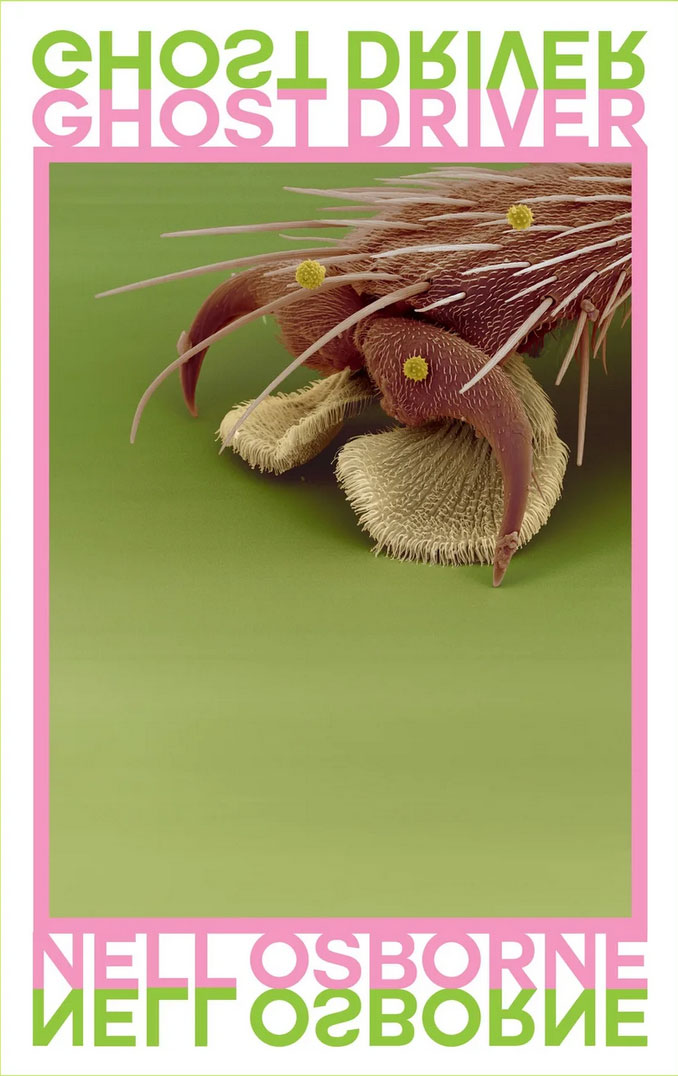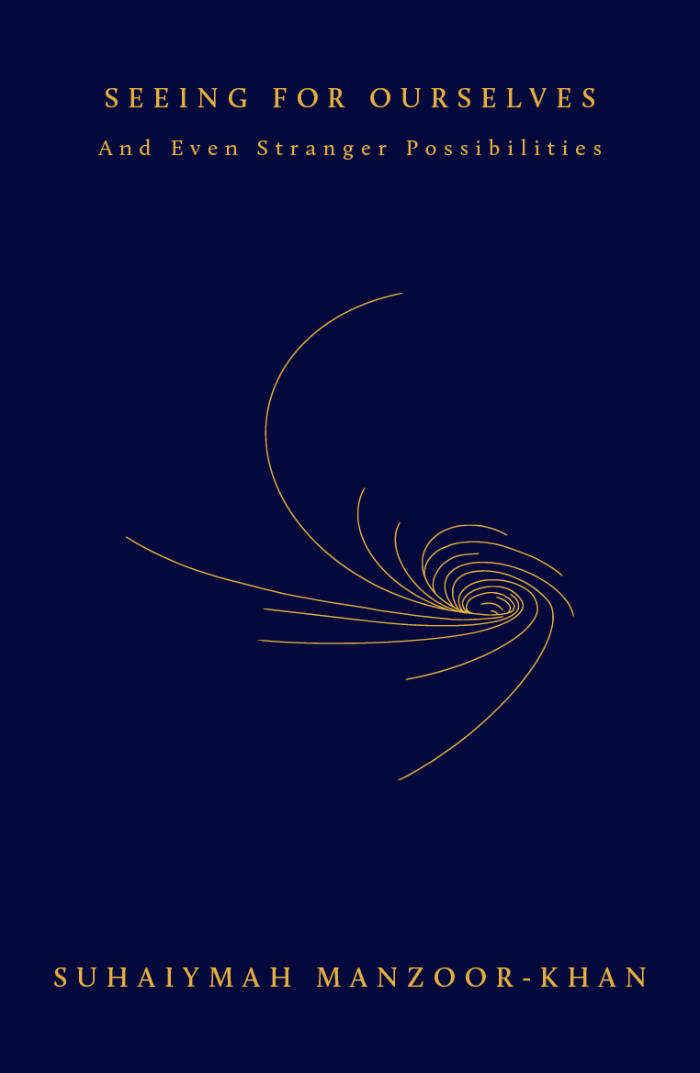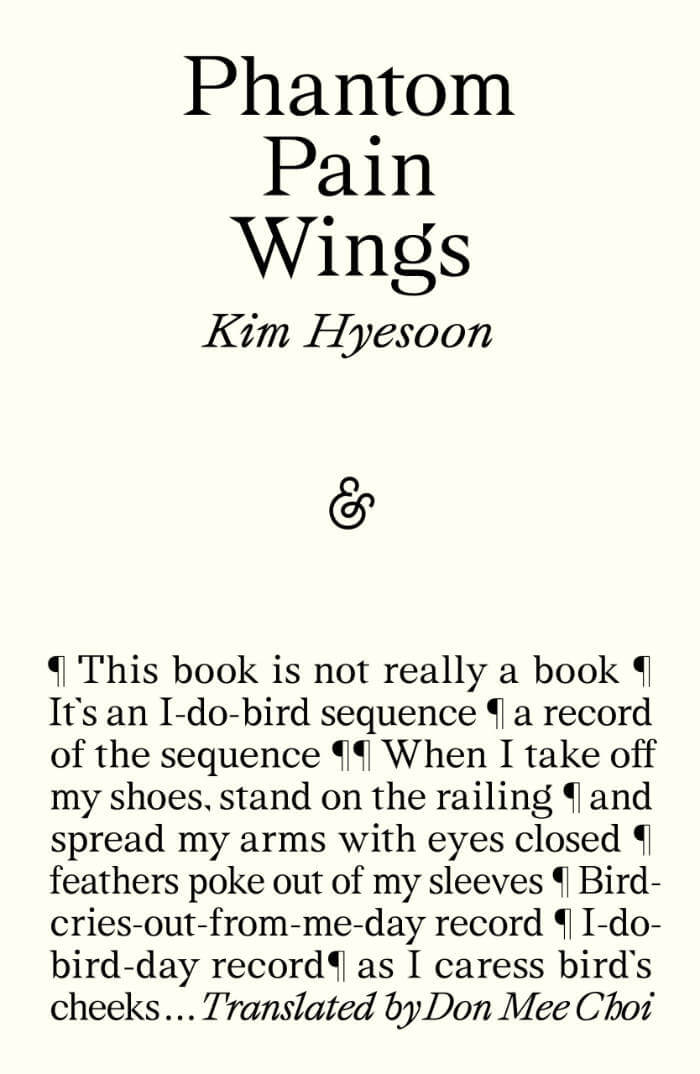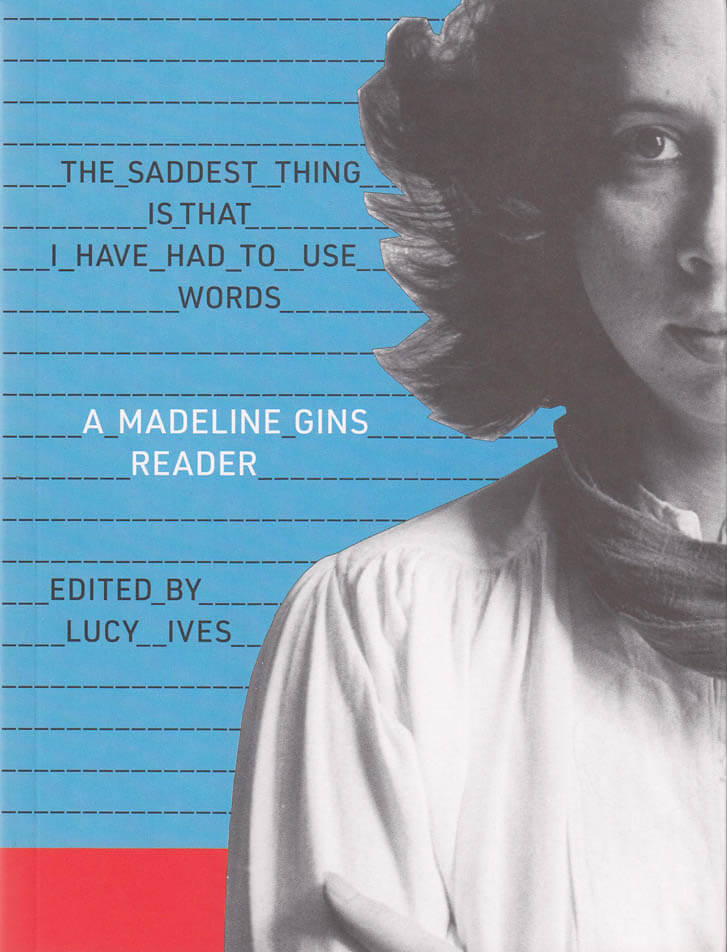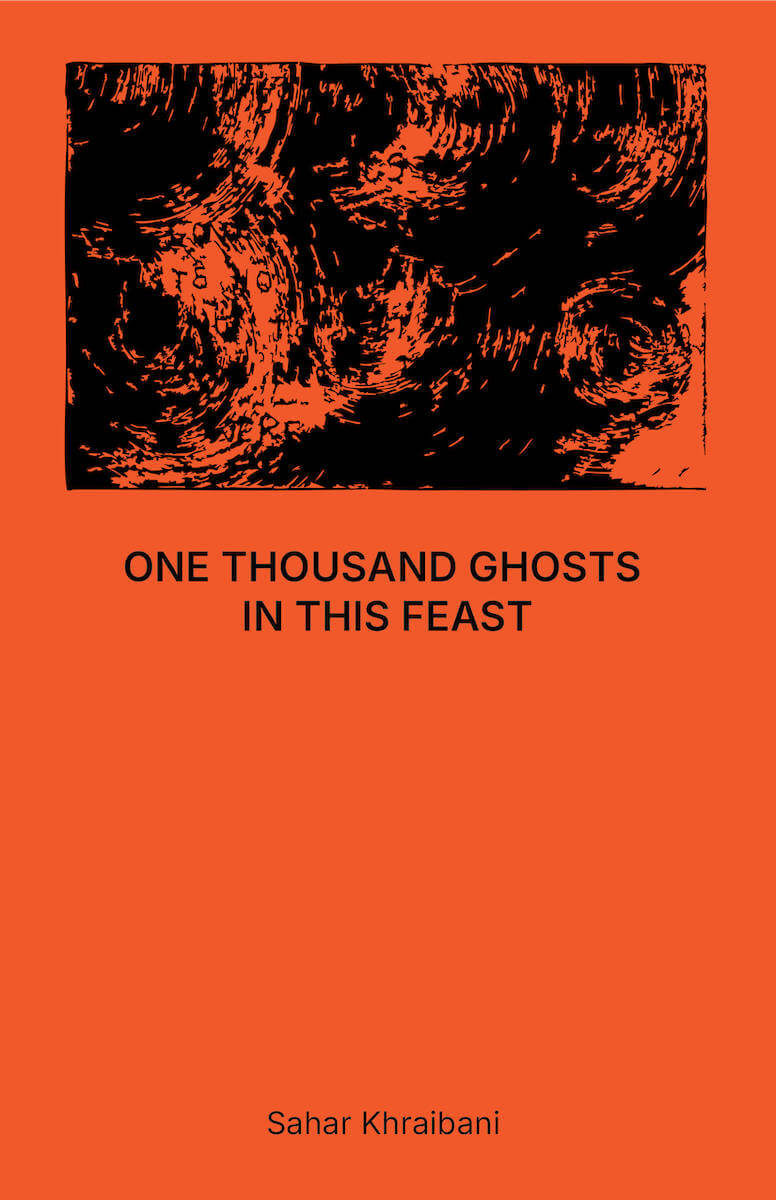
Know Thy Audience
Know Thy Audience, Nadia de Vries’ third poetry collection, disavows the platitude from which it takes its name and makes the reader complicit in both her aggression and her submission, sparked by a history of domestic abuse that escapes all euphemism and metaphor – but not poetry altogether.
Speaking—or rather, singing—as a ‘battered woman’ from a working-class neighborhood, De Vries’ aphoristic writing belies a vengeful reversal of roles in which the author—and not her perpetrator—pulls the strings. Who is the victim in these poems? Can violence be redeemed through esthetic metamorphosis? Or can powerlessness only be transferred as fetish? Know Thy Audience investigates the extent to which a victim can share their wounds, and to what degree an audience can—sensibly, ethically—be burdened with painful knowledge.



